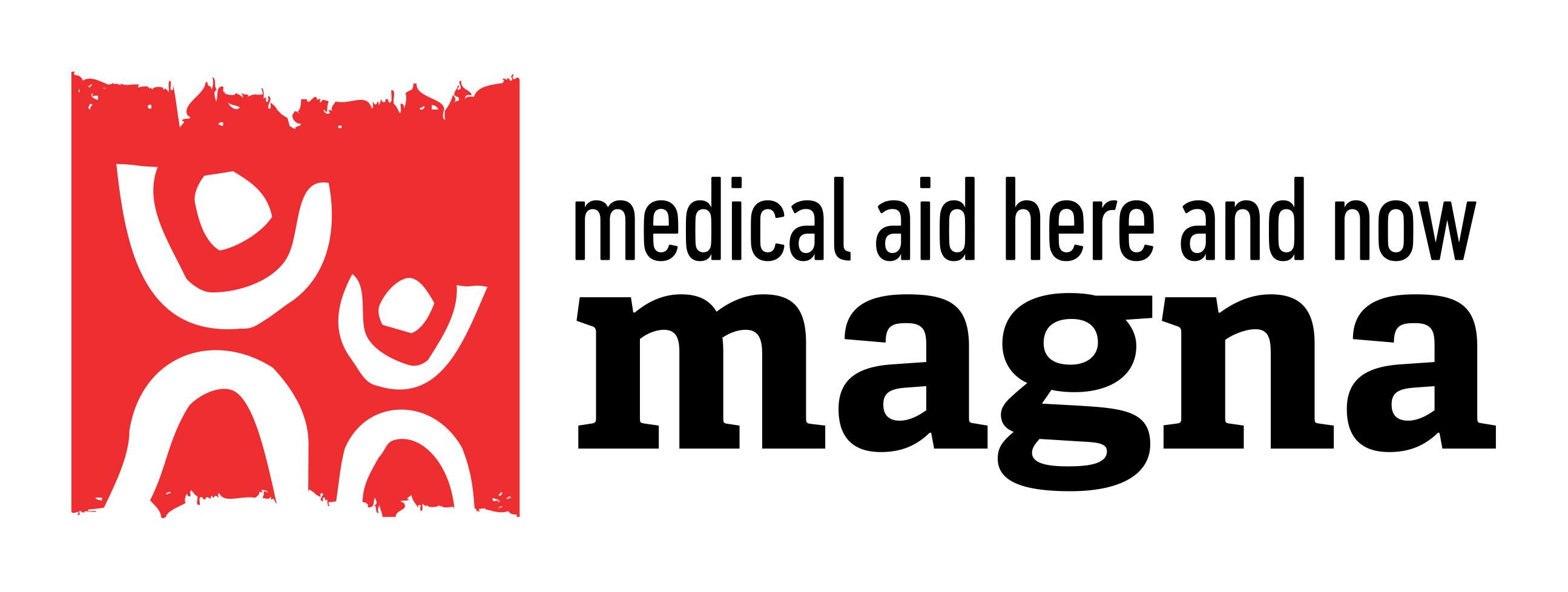In Cambodia, only a quarter of children between 6 and 23 months receive enough nutritious food. Deficiency of food affects the healthy development of physical and mental state of children. Although the level of poverty decreases in Cambodia each year, the level of malnutrition is still high. The situation in the countryside is notably worse than in bigger cities.
MAGNA in Cambodia works in communities and besides nutritional programs for malnourished children, we have 12 medical centers and MAGNA workers also organize cooking classes.
“The cooking classes are a practical way of showing people who take care of our malnourished patients how to prepare nutritious food from easily accessible ingredients. Malnutrition is affected by the quality, not the quantity. The food must be complex enough and contain all the necessary nutrients, vitamins and minerals in order to fulfill the daily nutritional needs for healthy child development. Different forms of malnutrition are connected to specific nutrients that are not present in the diet,” says Denisa Augustinova, the director of operations at MAGNA.
Since the beginning of the year, 350 caretakers took place in the MAGNA cooking classes – mothers, fathers, aunts, grandmothers and approximately the same amount of malnourished children that are being taken care of. “They learned how to prepare traditional rice pudding – bobor – in way to make it thick and rich enough. Plain rice with water has almost zero nutritional value. We teach them basic things, like how to use and combine different kinds of food – meat, fish, eggs, vegetables and fruit. We fight various dogmas within the communities. For example, communities living by the river consume fish as they are cheap and easy to obtain, but children do not eat fish at all because of bones,” Ratha Seng, a MAGNA worker explains. “It is interesting to watch how a simple demonstration and space creates the right atmosphere for sharing information, experience and questions and positively motivate mothers to cook “creatively” for their children. I also like watching children who taste rich and nutritious food for the very first time. Some of them never tasted a certain type of meat or bananas and different fruit that you can commonly see in a pagodas as offering,” Ratha adds.
MAGNA works in Cambodia since 2002. Besides treatment and prevention of acute malnutrition, it also offers medical care for mother and children and operates an orphanage House of Hope. MAGNA was one of the first organization in the country that offered ARV treatment for HIV/AIDS children patients.
Medical aid here and now. Thanks to you.
